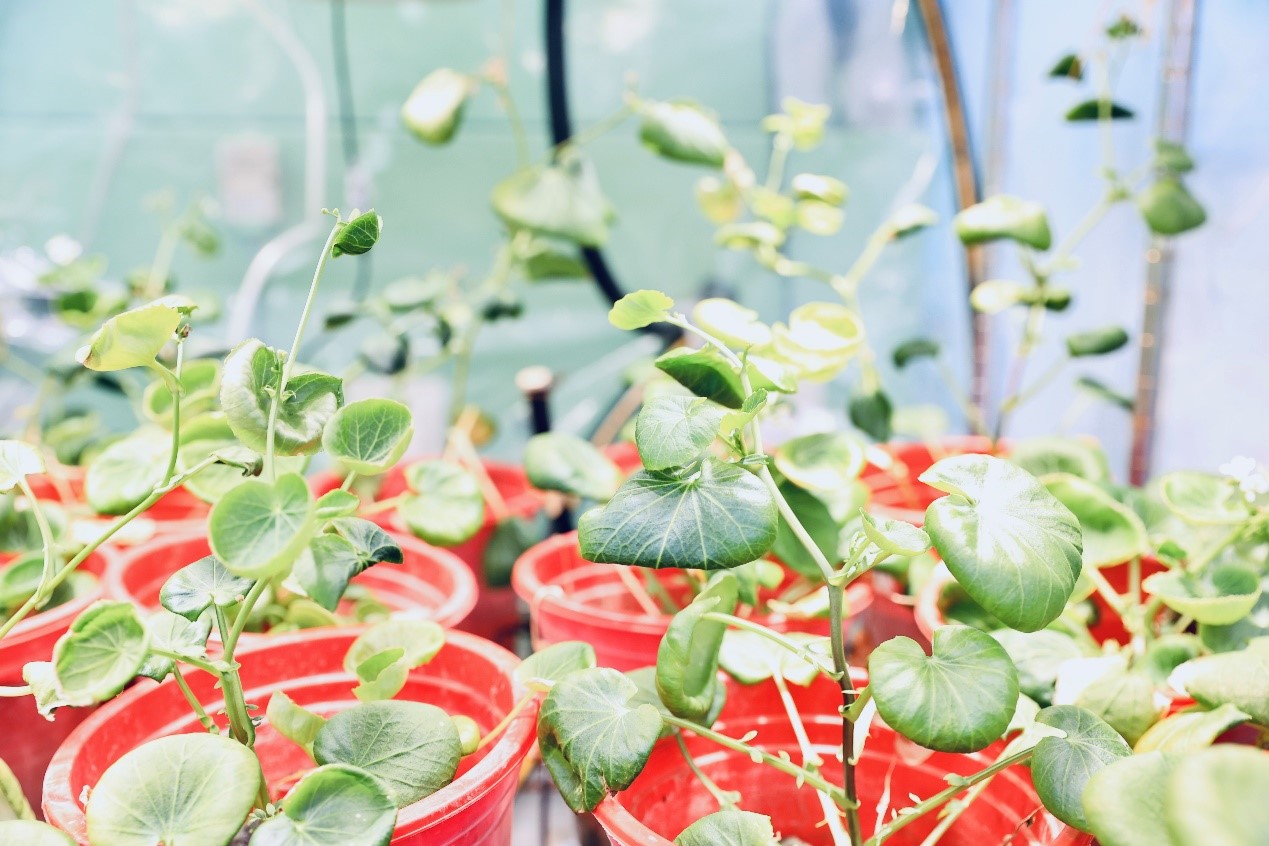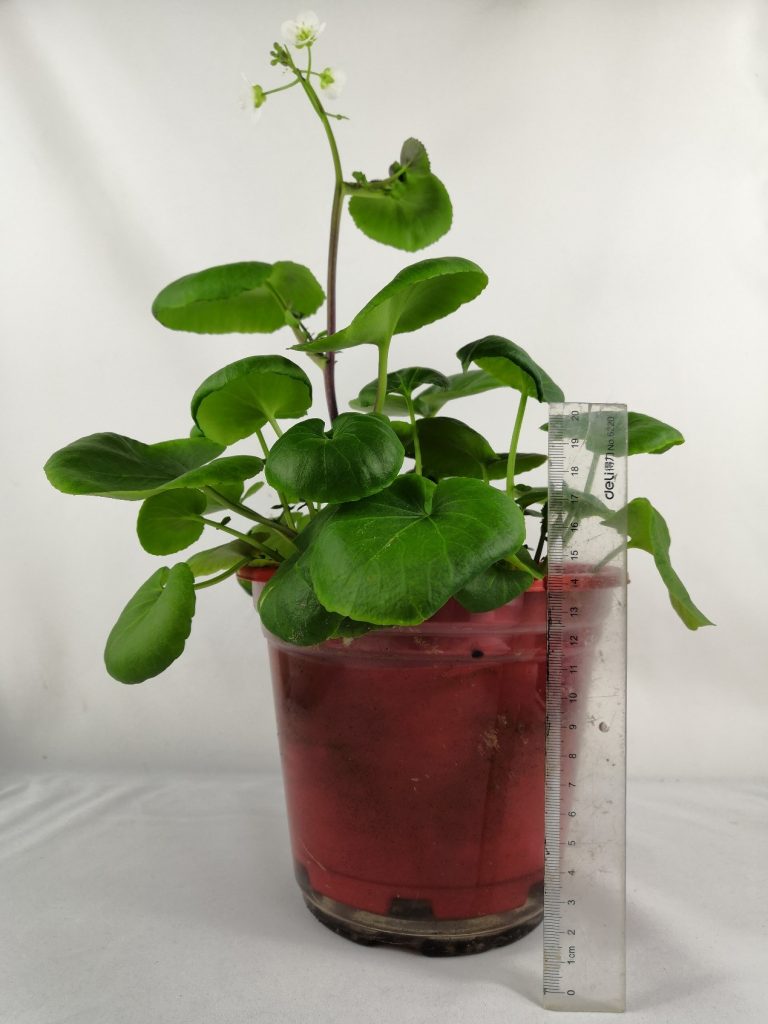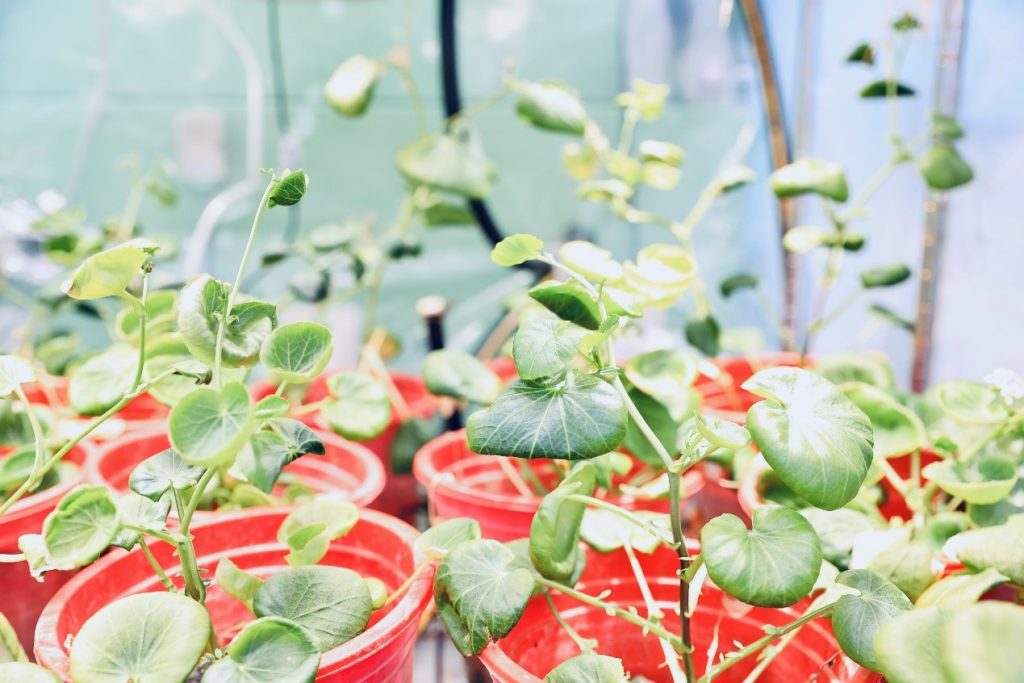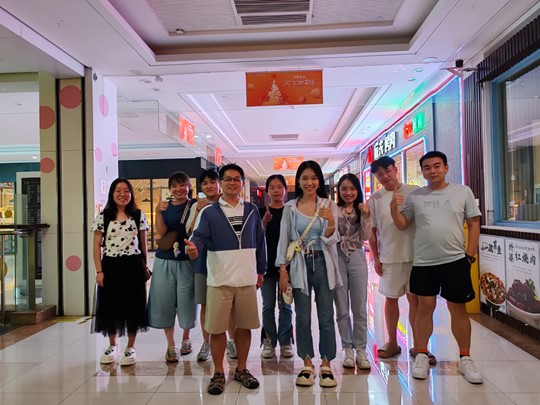Selenium Innovation Lab

All

- About
-
Labs and Spaces
- BIO Teaching and Research Labs
- CHE Teaching and Research Labs
- HES Teaching and Research Labs
- Suzhou Key Labs - 苏州重点实验室
- International Joint Frontiers Materials Frontier Research Lab
- Selenium Innovation Lab
- Outdoor Research and Teaching Space
- Atmospheric Research and Teaching Observatory
- Sci-iGEM
- AI4Health Suzhou Key Laboratory
- Suzhou Municipal Key Lab of Neurobiology and Cell Signaling
- Yuefengdao Ecology Station
- Suzhou Municipal Key Lab of Biomedical Sciences & Translational Immunology
- Suzhou Municipal Key Lab for Metabolic Syndrome Drug Research
- Suzhou Municipal Key Laboratory of Cancer Biology and Chronic Diseases
- Research
- Advanced Materials Research Center (AMRC)
- Global Partnerships
- Contact









Overview
Selenium is an essential trace element for humans and animals but not for plants. Current selenium research focuses mainly on molecular biology, biochemistry, and nutrition, with insufficient attention to plant nutrition, soil science, biogeochemistry, ecology, and societal impacts. Selenium not only is important in maintaining human and animal health but also influences soil, rhizosphere (soil around plant roots), plant, gut, and ecological health, and even affects health at a societal level.
The Selenium Innovation Laboratory (XILab) was established at XJTLU in 2023 to study selenium through the lens of One Health, a concept in epidemiology and public health. This concept underscores the interconnectedness of human, animal, and environmental health, advocating a unified approach to research and treatment, especially concerning zoonotic pathogens, antibiotic resistance, and pathogen carriers. XILab’s focus is “One Health on Selenium: From Soil to Gut”, an initiative to examine selenium’s impact on soil health through its interference with the physiological actions of heavy metals (cadmium, arsenic, mercury, lead, antimony); the health of the rhizosphere related to selenium’s benefits to the microbiome; and gut health through dietary selenium intake.
The XILab encourages cooperation among the university, industry and research sectors and interdepartmental collaboration. It contributes to scientific research, teaching, and industry in corresponding fields.
Research areas
Study focus areas include:
Director
Dr Linxi Yuan is a Senior Associate Professor at the Department of Health and Environmental Sciences at XJTLU and holds an honorary appointment from the University of Liverpool. He has written two books, published two book chapters, and edited two special issues on selenium biofortification. He has published 105 peer-reviewed scientific papers. Dr Yuan serves as council member of the International Society for Selenium Research; founder of the China Youth Branch of the same society; and member of the Subcommittee on Fluorine, Arsenic, and Selenium, China Association of Endemic Diseases.
Team
PhD students:
Huawei Zang (Year Four), co-supervised with the University of Science and Technology of China. Research area: responses of selenium and rhizosphere bacterial community to elevated atmospheric CO2
Wenyao Shi (Year Three), co-supervised with the University of Liverpool. Research area: interactions between selenium and cadmium based on chemical speciation perspectives
Yuhua Duan (Year One), co-supervised with the University of Liverpool. Research area: explore the regulation mechanism between selenium and trace nutrients in selenium hyperaccumulating plant
Yidan Wang (Year One), co-supervised with the University of Liverpool. Research area: Development on selenium-zinc enriched probiotics and their health effect assessment
Master’s students:
Guangxuan Du (Year Three), co-supervised with Yangzhou University. Research area: responses of selenium and rhizosphere bacterial community to interplanting between wheat and selenium hyperaccumulating plant
Yumeng Yang (Year Two). Research area: bacterial vertical transmission in selenium hyperaccumulating plant under sexual/nutritional reproduction
Haonan Li (Year Two). Research area: roles of rhizosphere bacterial community mercury stress in water spinach
Yingxue Ma (Year One). Research area: investigate the potential of using selenium hyperaccumulating plants to phytoremediate soils contaminated with multiple heavy metals
Final year project student:
Yiwen Gao (2023-2024). Research area: Rhizospheric interactions between selenium and nanoplastic particles in vegetable
Selenium hyperaccumulating plant in lab pot
Selenium hyperaccumulating plants in lab pots
Research team
Contact us